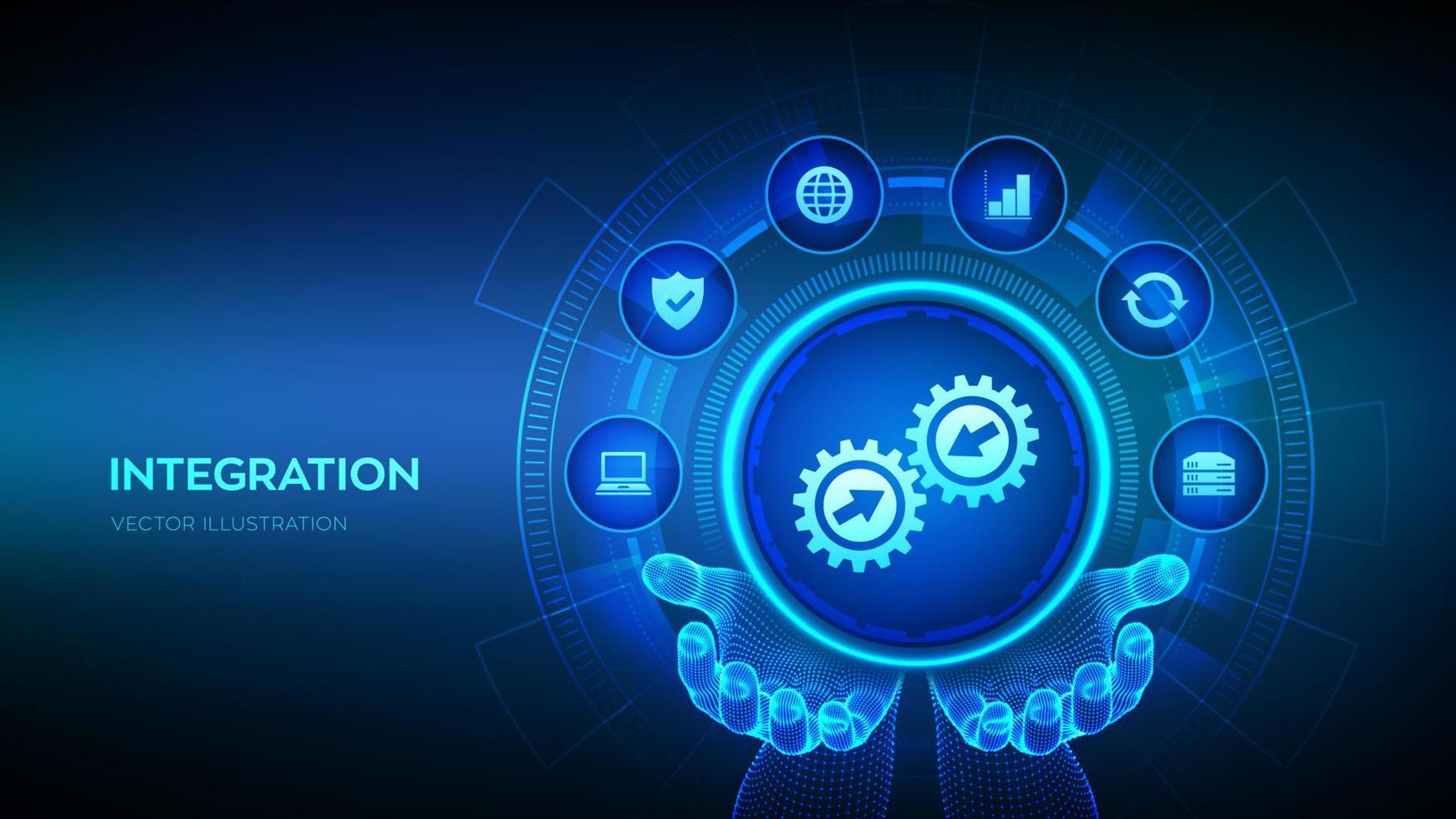Small and medium-sized enterprises (SMEs)
and micro, small, and medium enterprises (MSMEs) play a critical role in driving
the growth of the Indian economy. According to the Ministry of Micro, Small, and
Medium Enterprises, there are over 63 million MSMEs in India, employing over
110 million people. Despite their significant contribution to the economy, SMEs
and MSMEs face several challenges when it comes to adopting technology. In this
article, we will explore some of the challenges faced by these businesses and
how they can overcome them.
Lack of Resources
One of the biggest challenges faced by SMEs
and MSMEs in adopting technology is the lack of resources. Small businesses
often have limited budgets and cannot afford to invest in expensive technology
solutions. They may also lack the skilled personnel needed to operate and
maintain these systems. As a result, many SMEs and MSMEs continue to rely on
manual processes and outdated technology, which can hinder their growth and
competitiveness.
To overcome this challenge, SMEs and MSMEs can consider investing in cost-effective technology solutions that are specifically designed for small businesses. For example, cloud-based solutions and software-as-a-service (SaaS) platforms can help businesses reduce their upfront costs and only pay for what they use. Additionally, business owners can look for opportunities to upskill their employees by providing training and education on new technologies.
![Lack of Resources in Project Management [& How to Deal with It]](https://www.teamly.com/blog/wp-content/uploads/2021/12/Broken-Equipment.png)
Resistance to Change
Another challenge faced by SMEs and MSMEs
in adopting technology is resistance to change. Many small business owners are
reluctant to embrace new technologies because they fear they will disrupt their
existing processes or that they may not be able to keep up with the pace of
change. They may also be skeptical about the benefits of technology or may not
understand how it can help their business.
To overcome this challenge, business owners need to be open to change and willing to learn. They should seek out information and resources that can help them understand the benefits of technology and how it can improve their business operations. Additionally, they should involve their employees in the decision-making process and provide them with the necessary training and support to embrace new technologies.

Cybersecurity Risks
With the increasing use of technology in
business operations, SMEs and MSMEs are also facing greater cybersecurity
risks. Small businesses are particularly vulnerable to cyber-attacks because
they often lack the resources and expertise needed to implement effective
security measures. A cyber attack can have devastating consequences for a small
business, including loss of data, financial losses, and damage to reputation.
To overcome this challenge, SMEs and MSMEs need to invest in cybersecurity solutions that can protect their data and systems from cyber threats. This may include implementing firewalls, antivirus software, and other security measures. Additionally, business owners should educate themselves and their employees about the risks of cyber-attacks and implement best practices for cybersecurity, such as using strong passwords and regularly backing up data.

Lack of Integration
Another challenge faced by SMEs and MSMEs in adopting technology is the lack of integration between different systems and applications. Many small businesses use multiple software applications to manage different aspects of their business, such as accounting, inventory management, and customer relationship management. However, these systems may not communicate with each other, leading to data silos and inefficient processes.
To overcome this challenge, business owners should consider investing in integrated software solutions that can streamline their business operations and improve efficiency. For example, an enterprise resource planning (ERP) system can integrate different business functions into a single platform, allowing for seamless communication and data sharing between departments. Additionally, business owners should ensure that their technology solutions are scalable and can grow with their business needs
